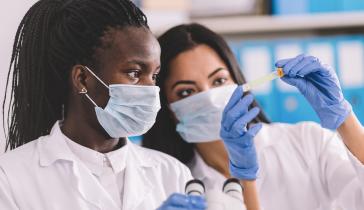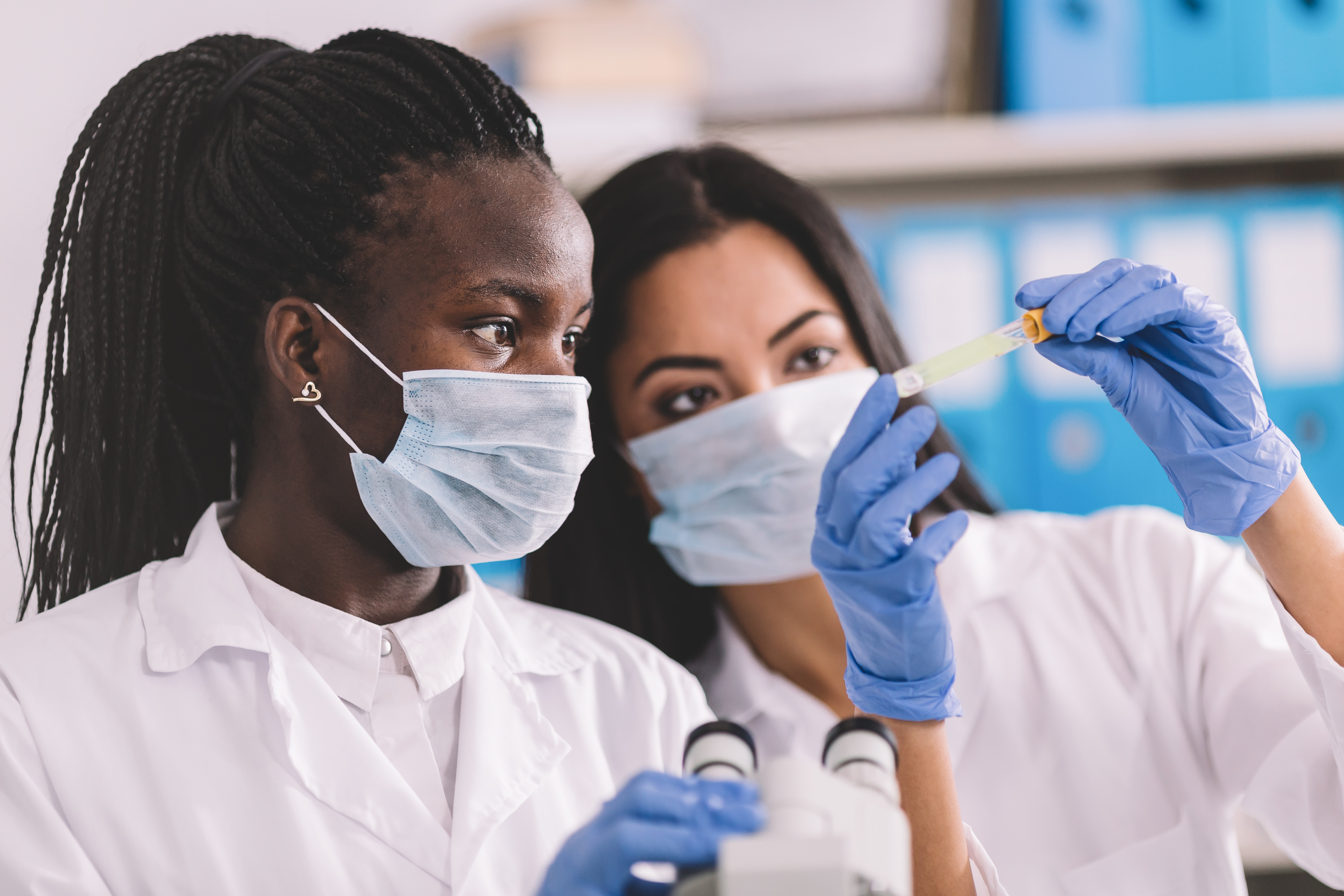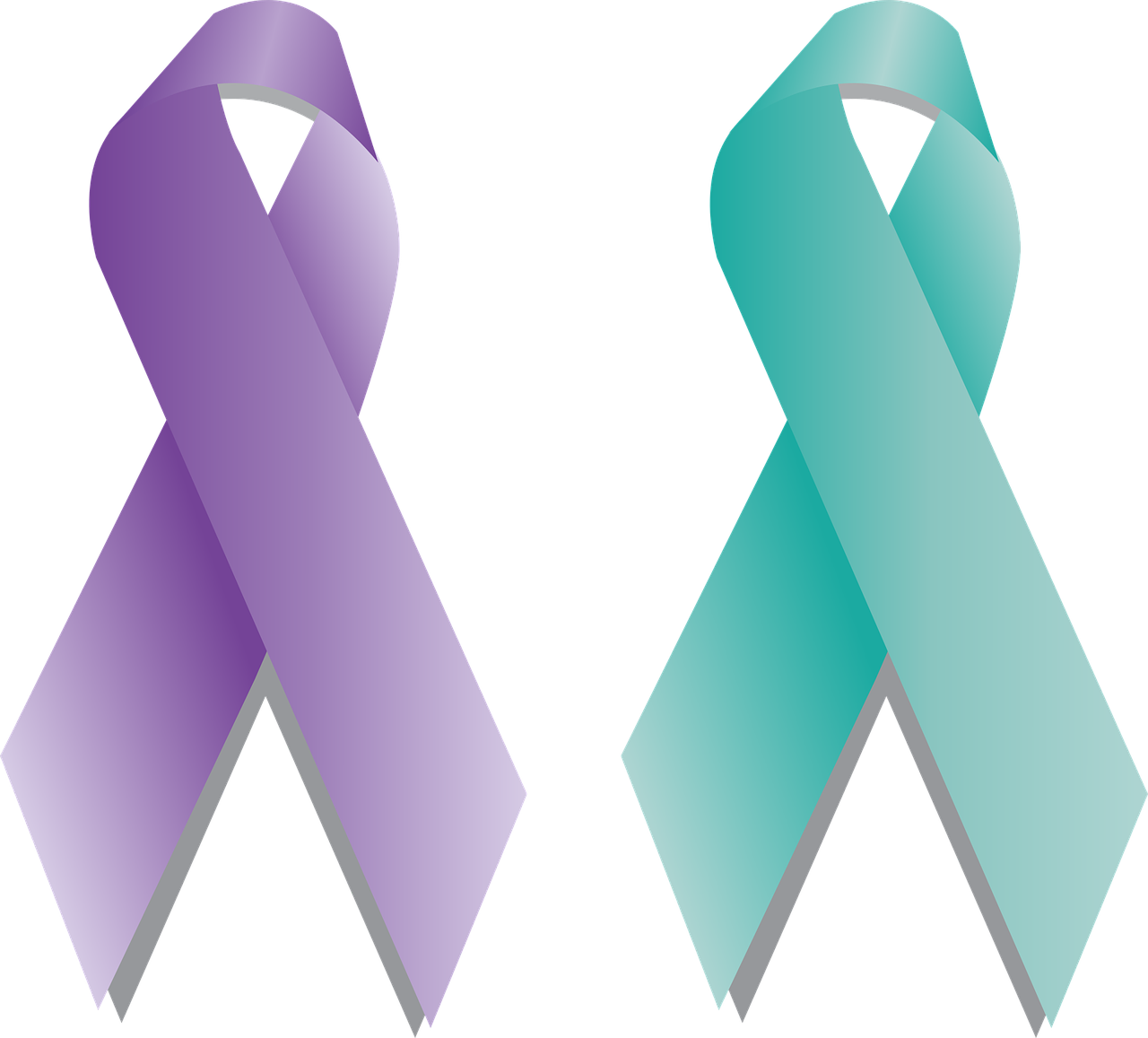With COVID-19 shining an especially bright spotlight on healthcare inequity in the US and internationally, there has been a stronger call to action to ensure that patients across all demographics are receiving the care they need and deserve.
“We like to call it ‘just science,’” says BIO’s President and CEO Dr. Michelle McMurry-Heath, “where the science being developed, the benefits it will bring, and the opportunities it creates can reach deeper into communities in ways that are just, impactful, and importantly inclusive.”
To kick off Real Chemistry’s Health Equity Summit, an event on the margins of the 2022 J.P. Morgan HealthCare Conference, Dr. McMurry-Heath moderated a CEO panel that spanned the academic, advocacy, and business realms of the healthcare and biotech industries to address historic inequities.
To make sure that the “science” of biotech’s mission can shine through, access, inclusivity, and scalability need to be a primary focus for all players in the biotech and healthcare realms.
Cancer patients are not being provided with proper care and the proper adjustments in how hospitals are being run is not happening with the COVID-19 pandemic, explains panelist Dr. Wayne Frederick, MD, MBA, FACS, President of Howard University. More patients show late-stage cancer diagnoses due to lack of access and care, and the outcomes are considerably worse for African American patients.
One of the ways the panelists discussed expanded access to care was expanding clinical trial diversity. These expansions intend to, as Alexander Hardy, the Chief Executive Officer of Genentech put it, focus on accountability by earning the trust of underserved communities and acknowledging the wrongs that have happened.
BIO itself has pushed clinical trial diversity initiatives as a major priority. For example, in June of 2021 BIO held a Clinical Trial Diversity Summit that convened stakeholders from across the clinical development spectrum to engage in meaningful discussion on advancing health equity in clinical trials.
Lack of access needs to be addressed, and the panel focused on two main areas for growth: both connecting with communities to build trust and increase the cultural competency and eliminate inherent bias of providers, as well as expanding the diversity of young people moving into the healthcare and biotech fields.
Innovation requires the greatest minds to address issues. says Hardy. Diversity will drive that innovation and engagement through the entire K-12 and post high school education systems is the way to build diversity.
If you had a magic wand, what would you do to address the issues of health equity? asked Dr. McMurry-Heath towards the end of the session.
End the 400-year belief of human value based on skin color, answered Dr. Joia A. Crear-Perry, MD, FACOG, founder and president of National Birth Equity Collaborative (NBEC), The history of racism in America needs to be unwritten, she said.
Dr. Frederick finalized the conversation poignantly: “Lead with love.” Healthcare is not about treating a patient for the short-term. It is about wellness and building connections.


















.png)


